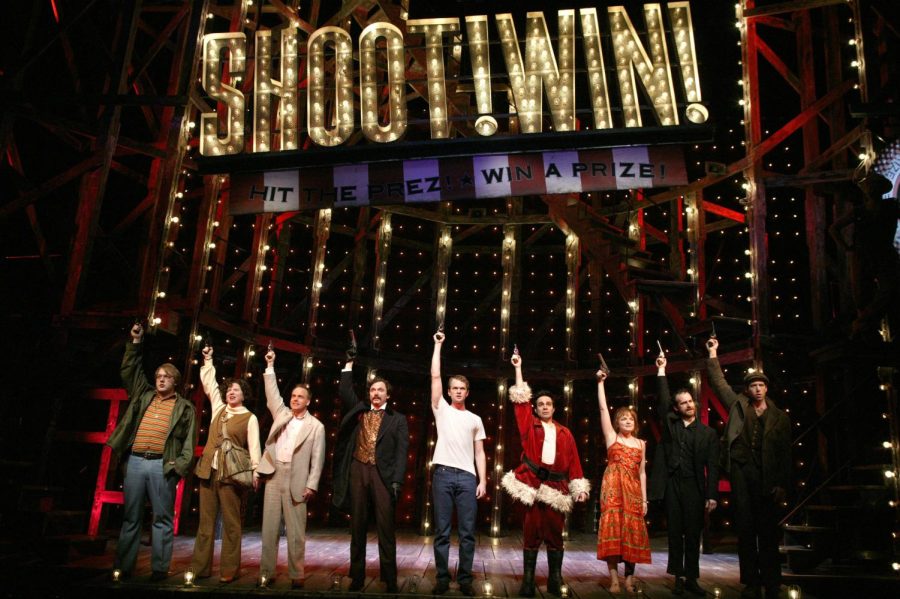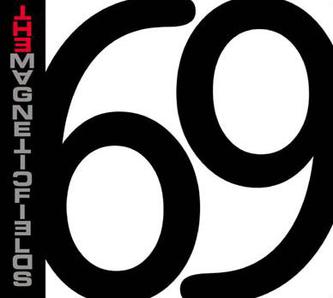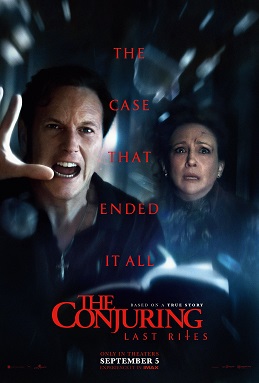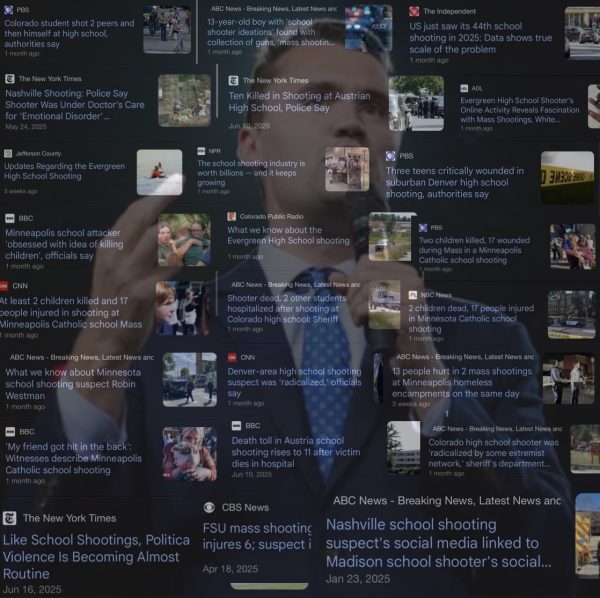Everybody’s Got The Right to Enjoy “Assassins”
On Nov. 26, the world of musical theater lost Stephen Sondheim, a behemoth of witty and genius lyricism who changed Broadway. With a career spanning almost 70 years, Sondheim composed the music for 19 musicals, starting with Saturday Night and his final musical Road Show. Sondheim actually was mentored by Oscar Hammerstein, who wrote Oklahoma! and Carousel. He later returned that favor by helping teach Jonathan Larson and Lin-Manuel Miranda. Late night host Stephen Colbert has mentioned many times that Sondheim influenced him, and even made the Pulitzer Prize winning composer choke up as Colbert read his blurb on a book about Sondheim’s work.
On what would become Sondheim’s final talk show appearance, in September 2021 he appeared on Stephen Colbert’s show and revealed he was working on another musical called Square One, but the future of that show currently remains uncertain. Sondheim revealed that it should come out early in the 2022 season and a reading was done starring Bernadette Peters and Nathan Lane. With several musicals, including Into the Woods, Sunday in the Park With George, West Side Story, and the show I’ve previously covered, Sweeney Todd, Sondheim has certainly earned himself a reputation with those pieces. There is, however, a uniquely dark and strangely comedic musical that only Sondheim could write, possibly as dark if not more than Sweeney Todd. It’s been hailed as one of the most controversial musicals and is titled Assassins. Assassins makes the bold attempt to follow and musically cover the nine men and women who attempted (and succeeded in) assassinating a President.
The musical has a book written by John Weidmann with the music composed by Sondheim and was first performed off Broadway in 1990. The show starred Victor Garber, Patrick Cassidy, and many more. The show only ran for 73 performances and received mixed reviews, with one review saying it missed the mark. The show was to be revived in 2001 starring Neil Patrick Harris, Michael Cerveris, Dennis O’Haire, and Mario Cantone, to name a few. However, the musical was postponed until 2004 because of 9/11. The musical ran for only 101 performances between April and July of 2004, this time to much more well received reviews. It even earned a Tony Award for Best Revival. Despite its short run, the musical remains one of Sondheim’s more underrated musicals, when it shouldn’t be.
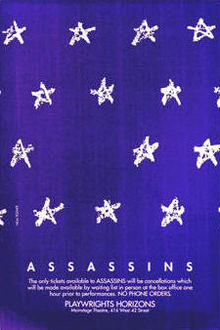
Photo courtesy of Wikipedia
The show expects you to hate these people, yet by the end of the show, you feel conflicted. This show doesn’t glorify these traitors and killers. It does the exact opposite; in fact, making them the protagonists of their own villainous deeds, while still reminding you of the evil they did. For example, Sam Byck, the would be assassin of Richard Nixon, describes his aggravation towards the Nixon administration and you kind of empathize with some of the points he was making. You sort of forget what he was planning and then it hits you and you immediately feel guilty for empathizing. All of them saw themselves as heroes correcting a problem. Whether it was dangerous working conditions or fixing the war torn South, they have their motivations, however twisted they may be. In fact, the show is mainly about happiness and the lengths one will go to get it. The opening number/reprisal, “Everybody’s Got The Right,” explains that theme perfectly. There is no real story, just a series of events showing the assassins, either together or in their own moments, attempting to assassinate their respective President. Each assassin making their attempt on a President gets their own song featuring that assassin, while there are other moments such as a bar scene where they all share drinks. The beauty of revue style is that it can bend the rules of realism and have John Wilkes Booth from the mid 19th century meet up with assassins like Lynnete Fromme or Sara Jane Moore from the 1970’s.
Despite the lack of a chronological storyline, the show is easy to follow along and understand what’s happening. If you are a fan of musicals or a history buff, consider listening to the soundtrack. Think of it as the anti-Hamilton, where instead of following one man through the Revolutionary War and the founding of the government, it’s multiple people who attempted to overthrow that government.

Oh, hello. My name is Alexander Blaide and I am a senior. This will be my second year writing for the Lance and my first as an editor. I mainly cover reviews/opinion...

